2019 Cricket World Cup: Can Virat Kohli take India to its third win?
- Published
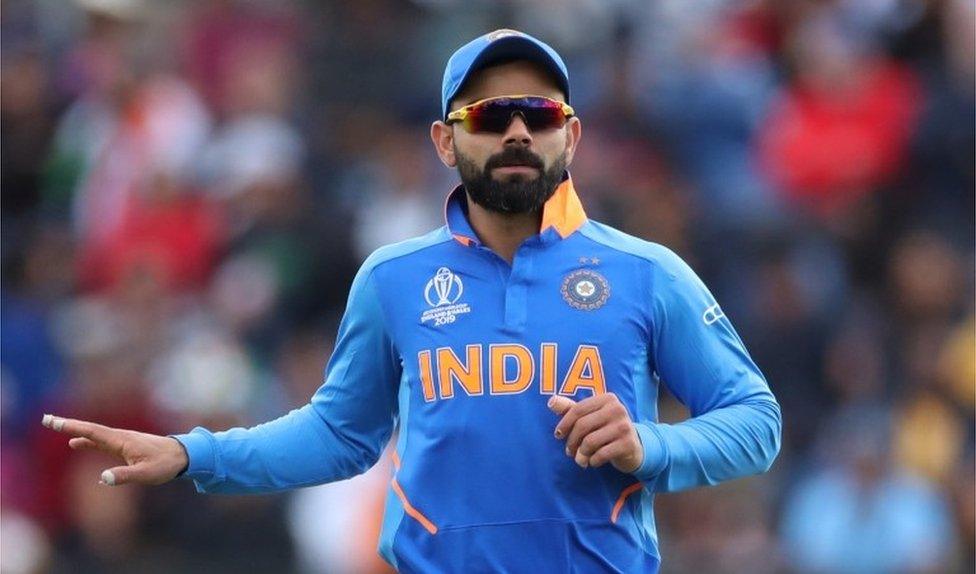
Virat Kohli is the finest all-round batsman in the world
Ever since the 1987 World Cup, India have consistently been one of the favourites to win the title; they made it in 2011.
There are usually four teams equally capable of winning, and this year in England is no different. Besides the hosts, who are the bookmakers' and pundits' favourites, Australia and India should make the semi-finals. They have the best balanced teams.
The fourth place should be a tussle between South Africa and New Zealand, although this would be a good opportunity for the West Indies, once the kings of the game, to find their place in the high table.
The West Indies had to qualify for this one, but they have a team that is as talented as it is unpredictable. New Zealand have been in more semi-finals than anybody else.
So the short answer to the question, can India win the World Cup, is "yes", but then so can any of the other semi-finalists.
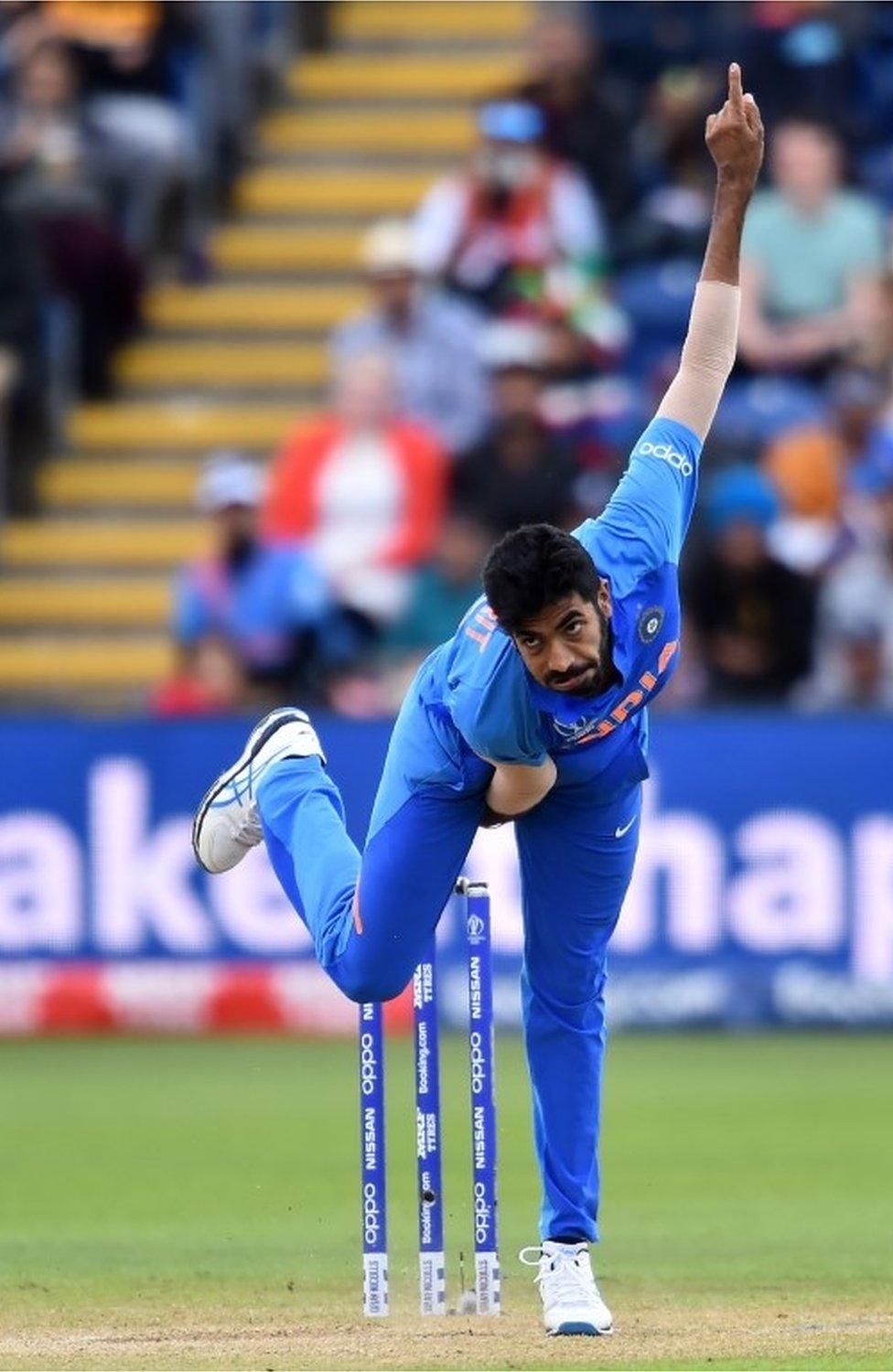
Jasprit Bumrah goes into the tournament as the world's best bowler
While the likes of Afghanistan, Bangladesh and Sri Lanka are capable of the odd upset (Sri Lanka, who have been in three finals, won in 1996), a World Cup calls for consistency, the ability to recover from a setback, and a series of wins rather than the occasional one.
Teams that begin with a bang and threaten to overrun the competition do not always make it.
World Cups have been won by teams that begin slowly, gathering confidence as they go along, perhaps taking in a defeat or two which point to the weaknesses which are then corrected in the later stages. Sometimes one match in the middle can make the difference; in 2011, India were a different team after they beat Australia, and even their fielding standards shot up.
To make it to the semi-finals, a team will need to win perhaps five matches in the round robin (the top four teams go through). India's supporters assume they will beat the bottom three and possibly the West Indies, leaving them to beat only one other. But then the same logic applies to the others too.
And then there is the match on 16 June - India versus Pakistan.
The teams no longer play in bilateral series, meeting only in a multi-nation tournaments. Of the two sub-plots in the World Cup, one is the anomaly of South Africa consistently "choking"; the other is India's unbeaten record against Pakistan. It stands at 6-0, adding an extra layer of interest to a match that is full of layers already.
Both captains have already intoned the standard message on these occasions, saying it is, after all, only a game. This is as much a way of keeping their own players on this side of panic as of telling their fans back home that burning their effigies and stoning their houses if they lose is not really cricket.
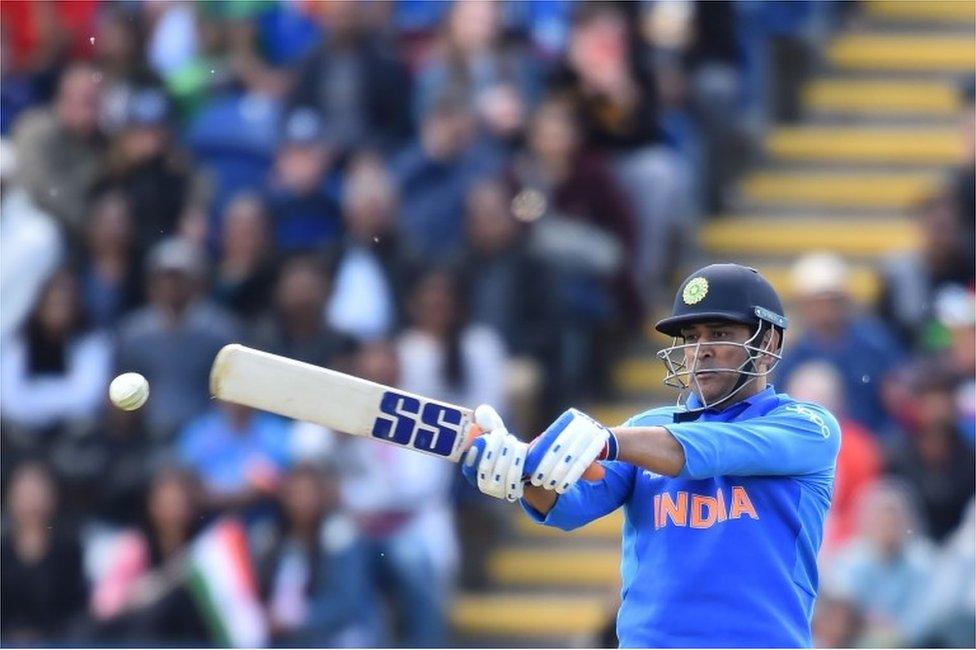
MS Dhoni's presence in the team is crucial
So how good is this Indian team?
The top three and the bottom three are world class. Openers Shikhar Dhawan and Rohit Sharma are probably the best in the business, and with the finest batsman in the world Virat Kohli to follow, there is both style and substance at the top. KL Rahul will probably come in at four, unless India decides to experiment with Kohli at that slot and send Rahul in at three.
At the other end, Jasprit Bumrah goes into the tournament as the best bowler in the world, the master of the death overs and the main threat in the early ones. Mohammad Shami and Bhuvaneswar Kumar have continued their good form, while the two wrist spinners, Yuzuvendra Chahal and left-armer Kuldeep Yadav have already shown their effectiveness in England.
It is the middle order that is worrying.
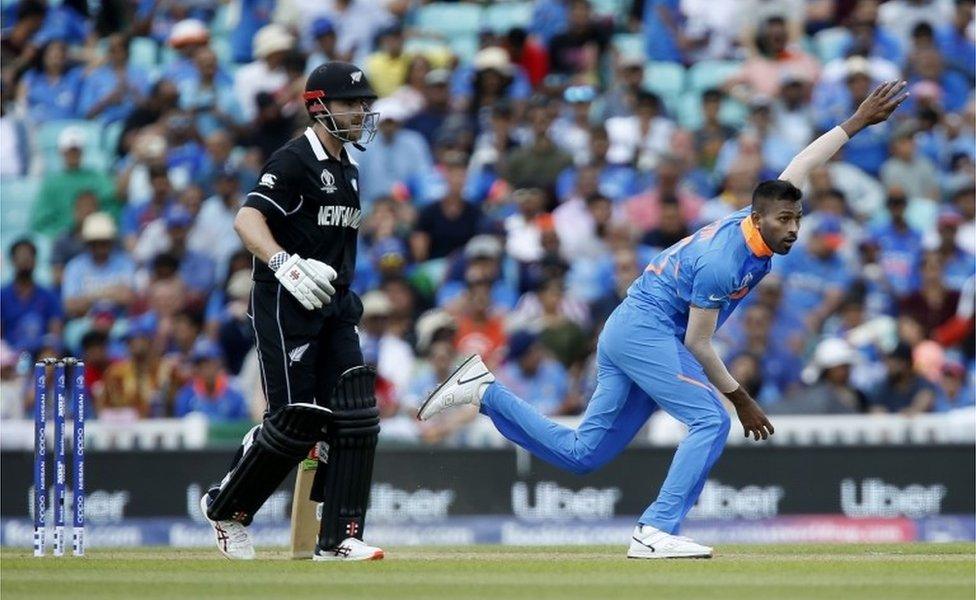
Hardik Pandya is an all-rounder who holds a key
Dhoni at number seven in the line-up is a reassuring sight, especially after his century in a warm-up match. But India will have to decide whether to play a pure batsman at five or one of the all-rounders.
Hardik Pandya is the fifth bowler and lower-order batsman who holds a key. There is also the left arm spin and aggressive batting of Ravindra Jadeja. Kedar Jadhav is a bits-and-pieces man with a strike rate above hundred while batting and around 40 with his off spin. Vijay Shankar, a candidate for the number four position, bowls medium pace and completes the list of players with more than one skill to offer.
Dhoni's presence behind the stumps is crucial. In recent matches, it appeared as if India had two captains - Kohli while India batted and Dhoni when they fielded. The spinners in particular rely on the wicketkeeper's inputs.
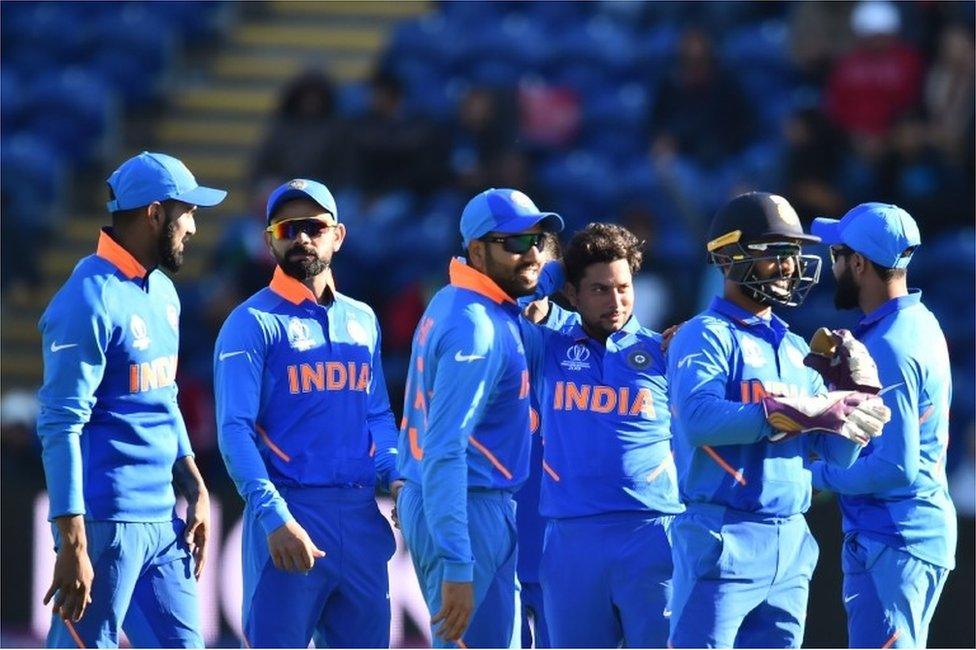
The Indian team is aggressive, fit and focused on winning
World Cups have been won by captains. There was Clive Lloyd in the 1970s, Kapil Dev and Allan Border in the 80s, Imran Khan, Arjuna Ranatunga and Steve Waugh in the 90s, Ricky Ponting, Dhoni, and Michael Clarke in this century. Each stamped the tournament with authority and leadership. Each shaped his team in his own image.
The Kohlification of the Indian team has already been accomplished, with the captain forging a team that is aggressive, fit and focused on winning rather than looking pretty.
This could be India's greatest advantage going into a tournament they first won in 1983 as 66-1 outsiders. This time, however, the expectations are far greater.
Suresh Menon is Editor, Wisden India Almanack and Contributing Editor, The Hindu